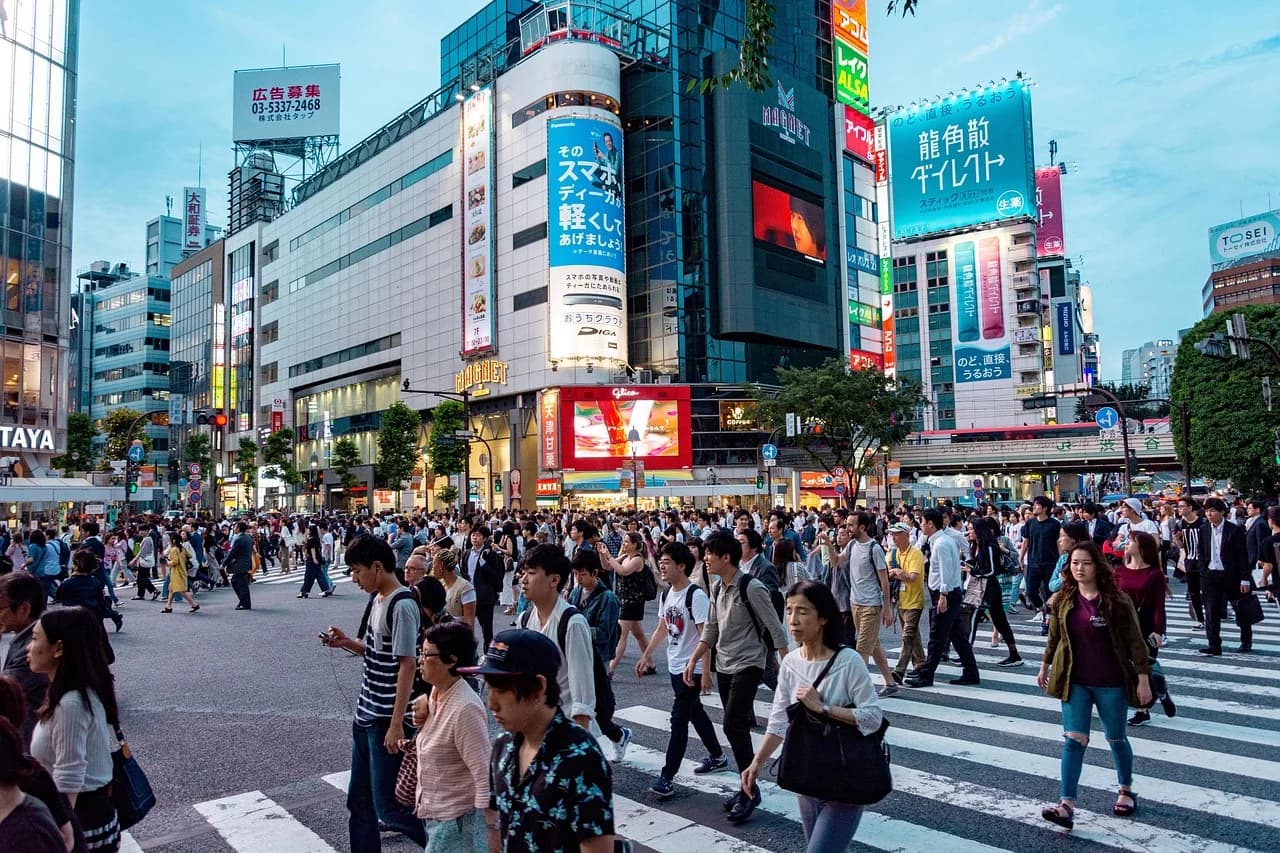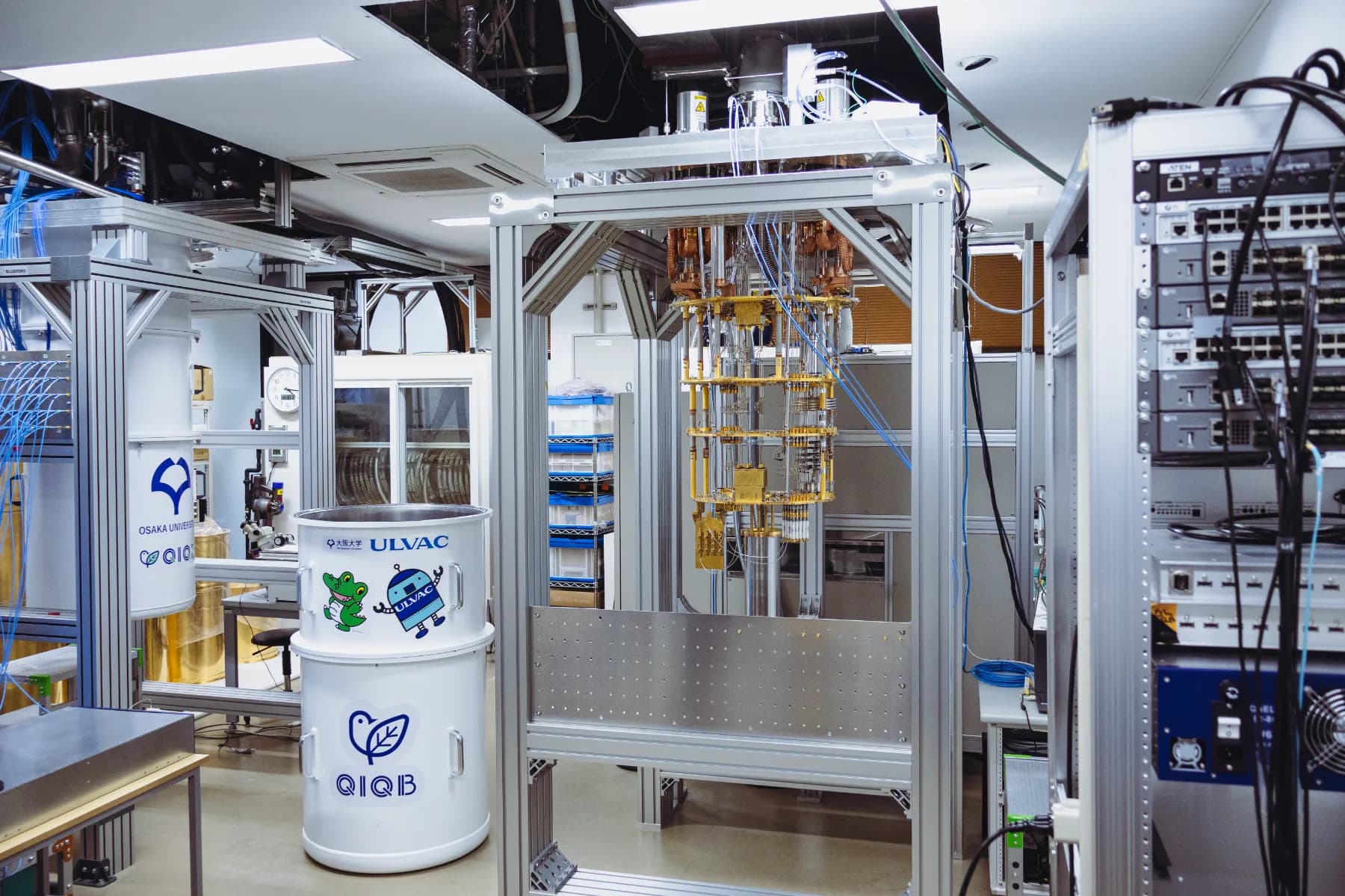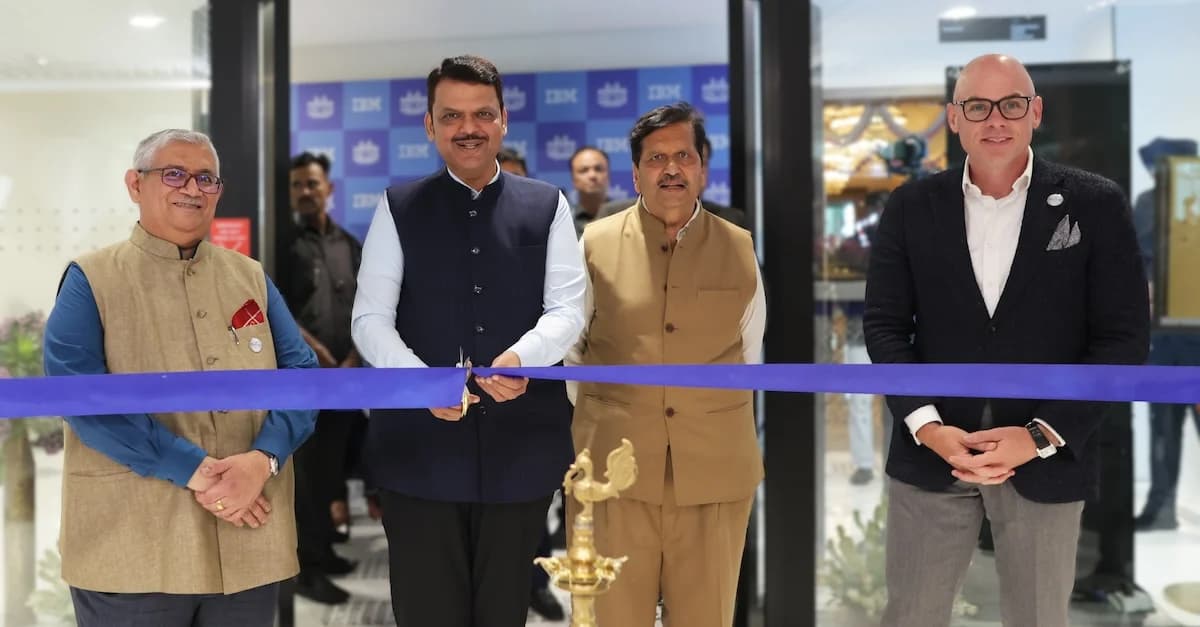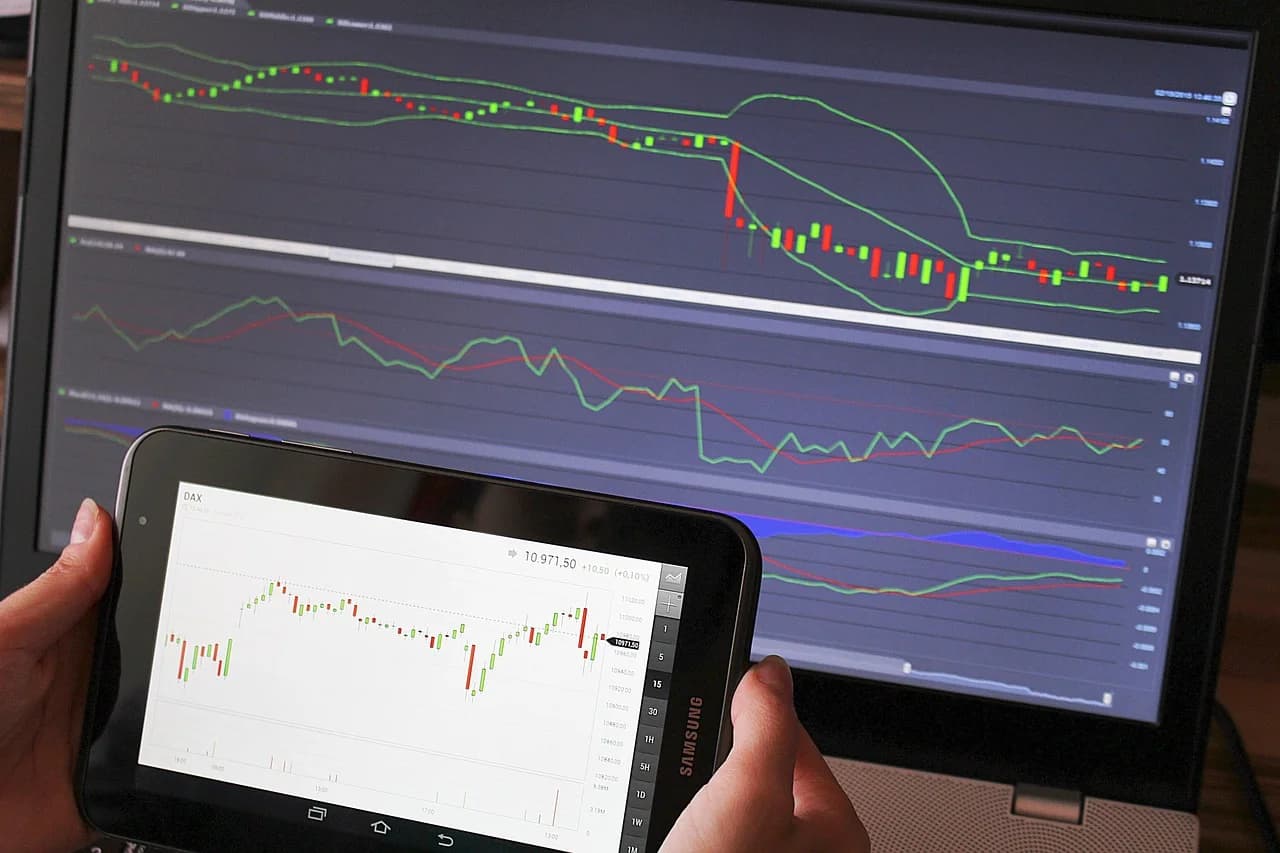Forget the quantum hype. Companies across Asia-Pacific are actually using the technology now — and D-Wave says its regional bookings jumped 83% year-on-year to prove it.
The surge isn't coming from research labs running theoretical experiments, according to the company. Instead, businesses are deploying quantum systems for drug discovery, network optimization, and selected AI tasks that classical computers struggle with. D-Wave will host its first-ever Qubits Japan conference on 17 September in Tokyo, bringing together practitioners who've moved beyond testing.
Here's what's different: these aren't proof-of-concepts anymore.
Japan Tobacco's pharmaceutical team reports that its quantum-AI hybrid system can generate molecular structures that didn't exist in the training data — more "drug-like" compounds and novel molecules for potential medications. The results pushed the team straight from testing into a pilot for production deployment, the company says.
The birthplace returns to prominence
"Asia — and especially Japan — is becoming an important epicenter of quantum computing innovation, development and adoption," said Dr Alan Baratz, D-Wave's CEO.
There's a certain symmetry to that. Nearly three decades ago, Japanese scientists Hidetoshi Nishimori and Tadashi Kadowaki introduced quantum annealing — using quantum mechanics to find optimal solutions. Today, their concept powers systems that may transform businesses across their homeland.
Take NTT DOCOMO. Japan's biggest mobile operator — serving roughly 90 million subscribers — faced a classic optimization headache: network congestion at peak times. Its solution using this technology reportedly cut paging signals by 15%. Base stations breathe easier; infrastructure costs could fall. The system now runs nationwide, and NTT DOCOMO is exploring additional applications.
Beyond Japan's borders
South Korea wants in, too.
In June, D-Wave announced a deal with Yonsei University and Incheon Metropolitan City. They plan to install an Advantage2 system at Yonsei's International Campus in Songdo, focusing on biotechnology and materials science, with the twin goals of building expertise and solving real problems.
September's conference reflects this momentum. Professor emeritus Hidetoshi Nishimori will present — a founding father sharing the stage with the people using his invention. Dr Masaru Tateno from Japan Tobacco's Pharmaceutical Research Center will discuss how the technology could create new drug possibilities. Takumi Hattori from NTT DOCOMO will detail network improvements. Entrepreneur and Tohoku University professor Masayuki Ohzeki rounds out the speaker list.
Numbers that matter
D-Wave says it operates large-scale quantum computers serving over 100 organizations. These machines deliver sub-second response times and can be deployed on-premises or accessed via cloud services with 99.9% availability, the company claims. Users have submitted more than 200 million problems to date, according to D-Wave's data.
The conference theme — "Quantum Realized" — captures where the technology appears to be heading. Not tomorrow's promise. Not laboratory curiosities. Systems that can solve real problems for real businesses.
Registration for the Tokyo event is open on the Qubits Japan 2025 website. The shift from quantum theory to quantum practice may already be underway.



